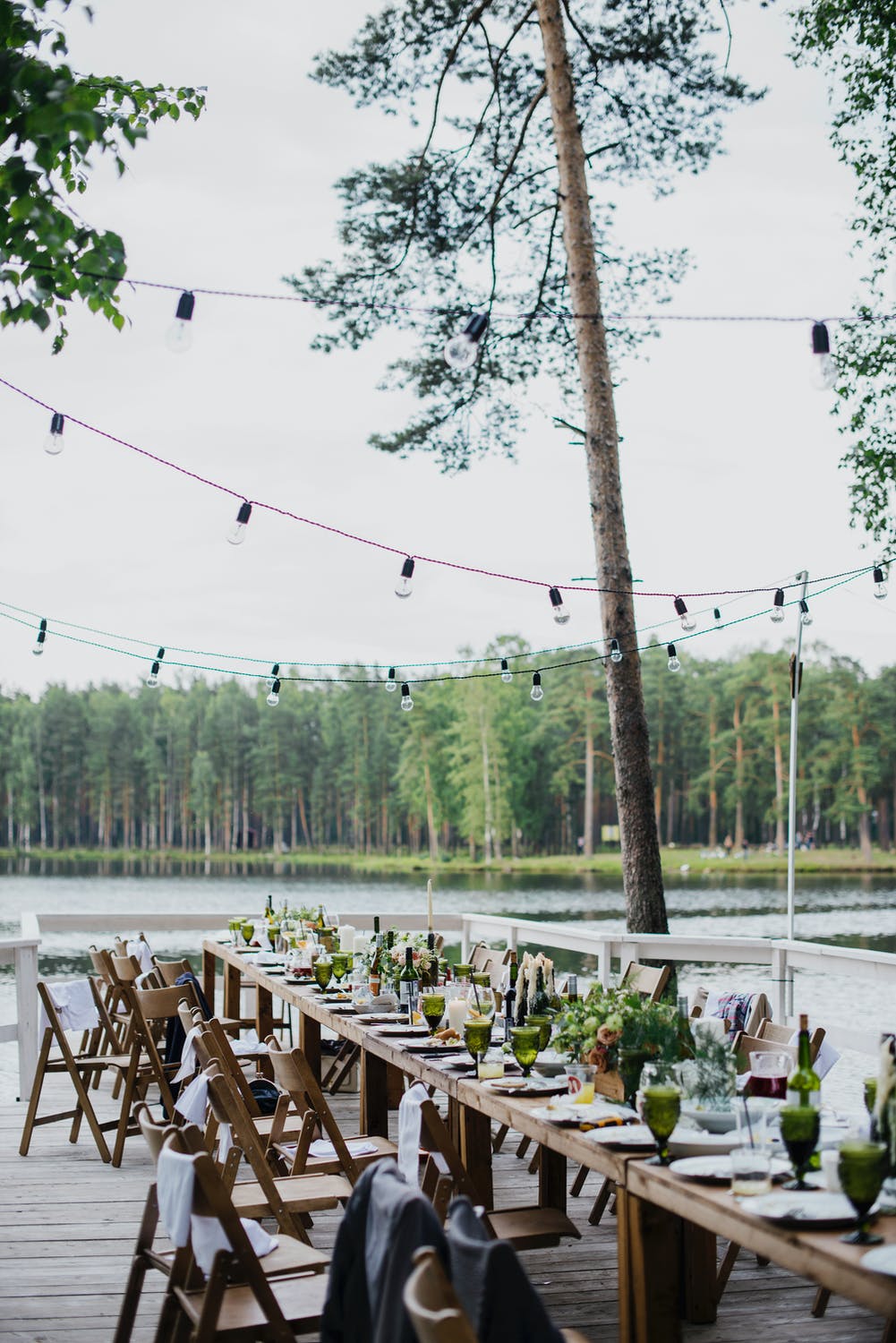Planning an event is a big undertaking, especially if you’ve never planned one before. Forgetting something essential can make the whole event a complete disaster. If you’ve got solid plans, once the event time comes, everything else will fall in place. Here are some tips to help you in the planning stage of your event.
1. Make an Outline
If you’ve got a committee working with you, get together and decide what the objective is of your event. Is it to create awareness? Is it to produce sales? Or is it a celebration? This information will help you to determine who your audience will be.
Decide what your budget is, and where the funds will be coming from. Are you going to ask for sponsorships, and if so, from who? If you charge admission, will the cost of attendance cover expenses? Once you know your budget, you can decide how much you’re going to spend in each area as you plan your event timeline.
The next part of your outline is to create an event timeline. What will be happening during every hour of the event? Is it one day or several days? What are your opening and closing times? Is there entertainment, and if so, what times do they perform?
When you complete your outline, your event should have a mission statement, a budget and a timeline. This is a great first step in moving forward.
2. Plan the Event
You’ll use your outline for planning your event. Your outline may change, and that’s okay. It was only meant to help guide you.
As you plan your event, you will determine your event venue. You’ll also start booking your entertainment, and determining what event equipment you need. Do you need tents, tables, and chairs? Are there restroom facilities at your venue or do you need to have some brought in? Who will provide food? Will you have your event catered, or will you have vendors?
This is the stage where you start reaching out and checking availability so everyone who will be a part of your event can commit to providing their services on that day.
3. Advertise Your Event
Once everyone has confirmed availability for your event, you’re on the home stretch, but you still need to let your audience know about your event. Your event should have its own website and social media pages so people can share it. Put your schedule of events on the website.
Depending on your advertising budget, you can do radio advertising to promote your event, as well as mailers. Depending on who your audience is, print advertising may or may not be effective. If your audience is younger, you would probably be wasting advertising dollars publishing in the local newspaper; but, if they’re older, this would probably be a good idea.
In the days leading up to the event, post more frequently on social media to help build excitement. Highlight different areas of the event.
4. Produce Your Event
For the day of your event, you will need an event production team to oversee the event. This team will need to consist of problem solvers, as problems will arise. You’ll help guide the set up so vendors know where they need to be, and the event stage is where it needs to be.
Take note of things that could have been done better and things that went extremely well. Keep a small notepad with you so you don’t lose these important thoughts.
While you have them there, get feedback from your event vendors and attendees. This feedback is crucial to making your event better each year.
5. Revisit Your Event
In the days following the event, meet with your event organizers and share notes. Everyone will have noticed different things, and it’s important to get everyone’s input so if you do this event again the next time it will go smoother. First events are rarely perfect and they can always be made better.
Planning an event is a major task, and it takes skill and bravery to put one on for the first time. With each event you help plan and produce, the outcome will get better. After a few, you’ll be a seasoned pro. Event planning can be stressful, but the result is the reward.

